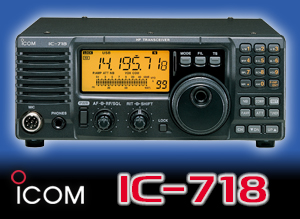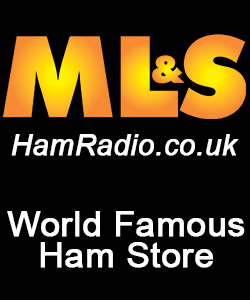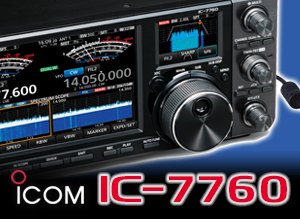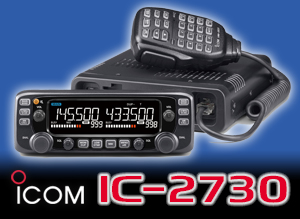Commonwealth Contest

The Commonwealth is a voluntary association of 56 independent and equal countries. It is home to 2.7 billion people, and includes both advanced economies and developing countries. 33 Commonwealth members are small states, including many island nations.
Commonwealth member governments have agreed to shared goals like development, democracy and peace. Shared values and principles are expressed in the Commonwealth Charter. The Commonwealth’s roots go back to the British Empire. But today any country can join the modern Commonwealth.
The last two countries to join the Commonwealth were Gabon and Togo in 2022.
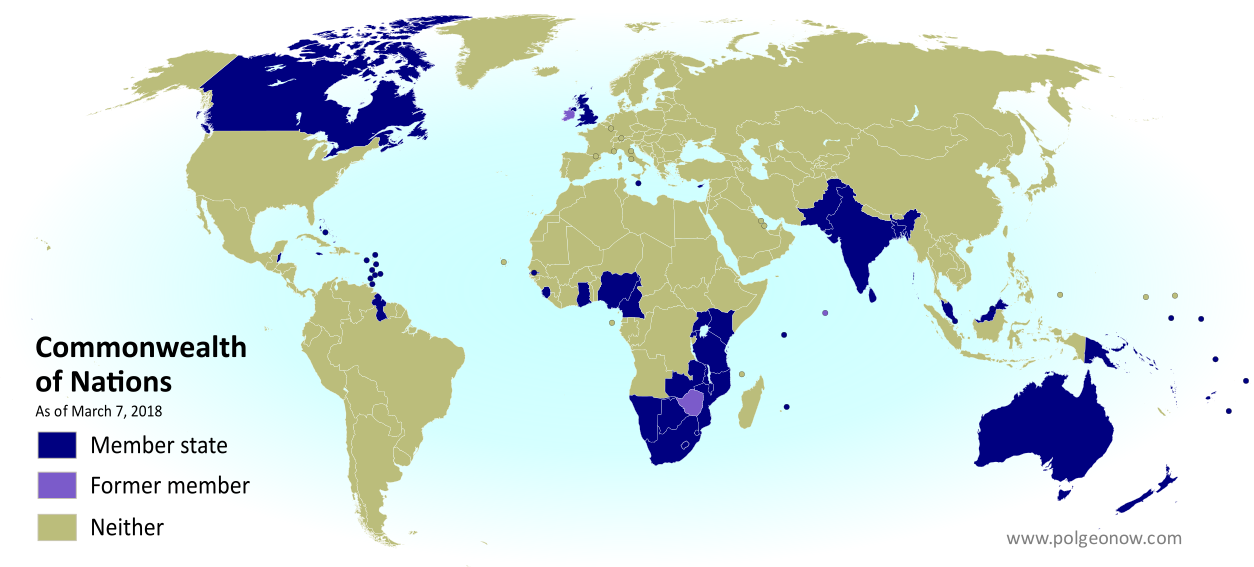
(2018 world map showing Commonwealth Countries by permission www.polgeonow.com)
For more information on the Commonwealth, visit the Commonwealth website at https://thecommonwealth.org/.
The Commonwealth shares many sporting interests particularly with Cricket, Rugby League and Rugby Union. Every four years, Commonwealth Games are held between Commonwealth members, with 10 sports events being planned for the Games in Glasgow in 2026.
For Commonwealth Radio Amateurs we have the annual Commonwealth Contest which is held over the weekend nearest to Commonwealth Day in March each year. It is very popular with upwards of 240 individual entrants and 15 Commonwealth Headquarters stations representing national societies active.
Commonwealth Contest
The Commonwealth Contest is a unique annual event, which is loved by many RSGB members and Radio Amateurs throughout the Commonwealth. It runs for 24 hours, starting 10:00 UTC on the Saturday prior to Commonwealth Day, on 80, 40, 20, 15 and 10m CW.
The Contest has been run each year, excluding wartime, from 1931 to 2024 with the RSGB being the custodians and administrators for the contest for that period, although the original suggestion came from New Zealand.
One of the unique characteristics of the contest is that it celebrates the Commonwealth and enables contacts between Commonwealth residents over significant distances, without many of the very loud international contest stations outside the Commonwealth monopolising the contest bands.
If you are not a regular contest participant, you might use the Contest as an opportunity to make DX QSOs. The Commonwealth Contest is a treasure hunt with amateurs in distant locations looking to make a QSO with you.
A Contest for the Commonwealth – owned by the Commonwealth

In 2024 Commonwealth Contest participants were consulted on their preferences for the future of the event and they overwhelmingly agreed that ‘we should engage with Commonwealth Country National Radio Societies to negotiate “shared ownership” of the contest – with the Commonwealth Contest being included on the contest calendar for each society. Responsibility for the contest would be shared by Commonwealth countries.’
National Societies in Australia (WIA), Canada (RAC), UK (RSGB), India (ARSI) and New Zealand (NZART) have established a Committee to be the custodians of the contest. The Committee has been named the “Evans Committee” after the winner of the 1931 event – Trevor Evans, VK2NS.
On behalf of the Evans Committee, RSGB will publish the contest rules, gather logs from entrants, adjudicate the contest and publish the results as it has done to date. Each Society is concentrating on promoting the Contest in their IARU region – for RSGB that is Region 1, including Europe, Africa and the Northern part of Asia.
The Committee will manage the awards which now include recognition for winners from the countries of each National Society and each ITU region. Each society is including the Commonwealth Contest in their contest calendar and is promoting the contest in an equivalent way to those which they have organised previously, for example through their journals, websites and social media.
Joint efforts are also being made to encourage participation from Commonwealth countries which have small amateur populations and less representation.

(Madeline MacKenzie VK4YL circa 1935)
Changes from 2025 onwards
Subtle rule changes were made in 2025 to encourage participants from outside the UK to make contacts with UK amateurs:
- QSOs between stations in different continents are now worth 10 points instead of 5 – encouraging the DX focus of the contest.
- Each of the seven DXCC entities in the United Kingdom, Jersey, Guernsey and the Isle of Man, counts as a separate Commonwealth Call Area: G, GI, GM, GW, GJ, GU and GD; but QSOs are not permitted between these seven Call Areas.
- The Power Sections have been changed to a format more appropriate for entrants outside the UK, with 5W, 100W and Full Licence power sections. Awards have been retained for Unassisted UK entrants using 100W and Single Element Aerials. Awards have also been expanded so that Assisted and Unassisted entries have equivalent representation.
- We have strongly encouraged participants to call “CQ CC” and not “CQ BERU” to solicit contacts, as the contest has moved to a stronger “Commonwealth” focus and this was very successfully adopted in 2025. Interestingly, it was found that there were fewer non-Commonwealth callers when calling “CQ CC”.
As this is now a “Contest for the Commonwealth – owned by the Commonwealth”, we hope that this will be reflected in greater and more diverse participation, improving the Contest for everyone in the Commonwealth.
A side-effect of the changes for the UK is that entry is now open to all radio amateurs, so if you have friends who are not RSGB members, do invite them to take part – it may encourage them to reconsider joining the society.
Changes for 2026
- Self-spotting is permitted for Assisted entries.
- Remotely operated stations may enter any entry section.

(The station of John G3AH in 1948)


